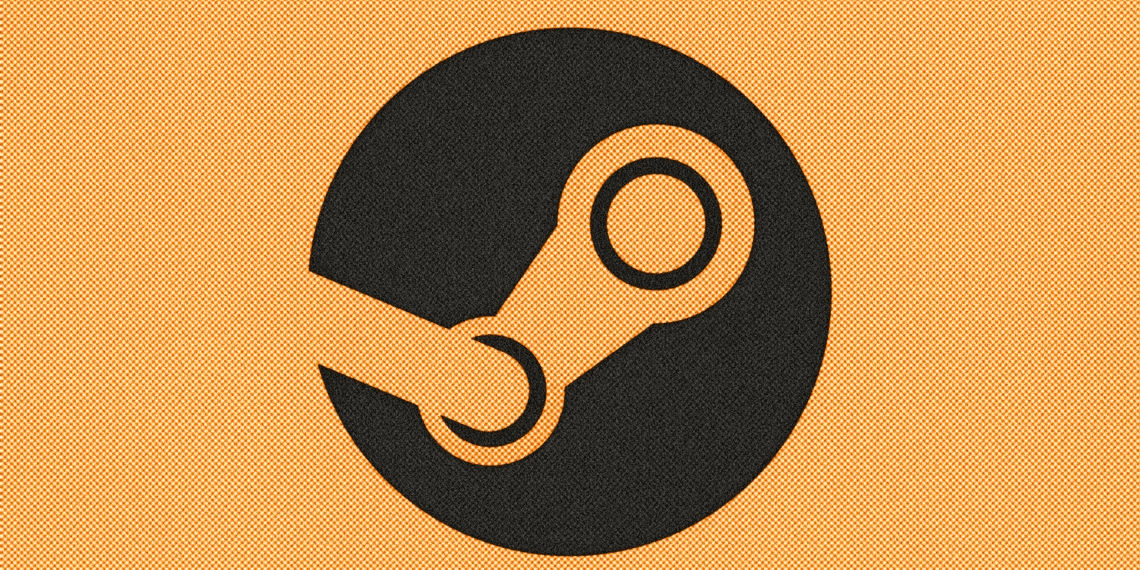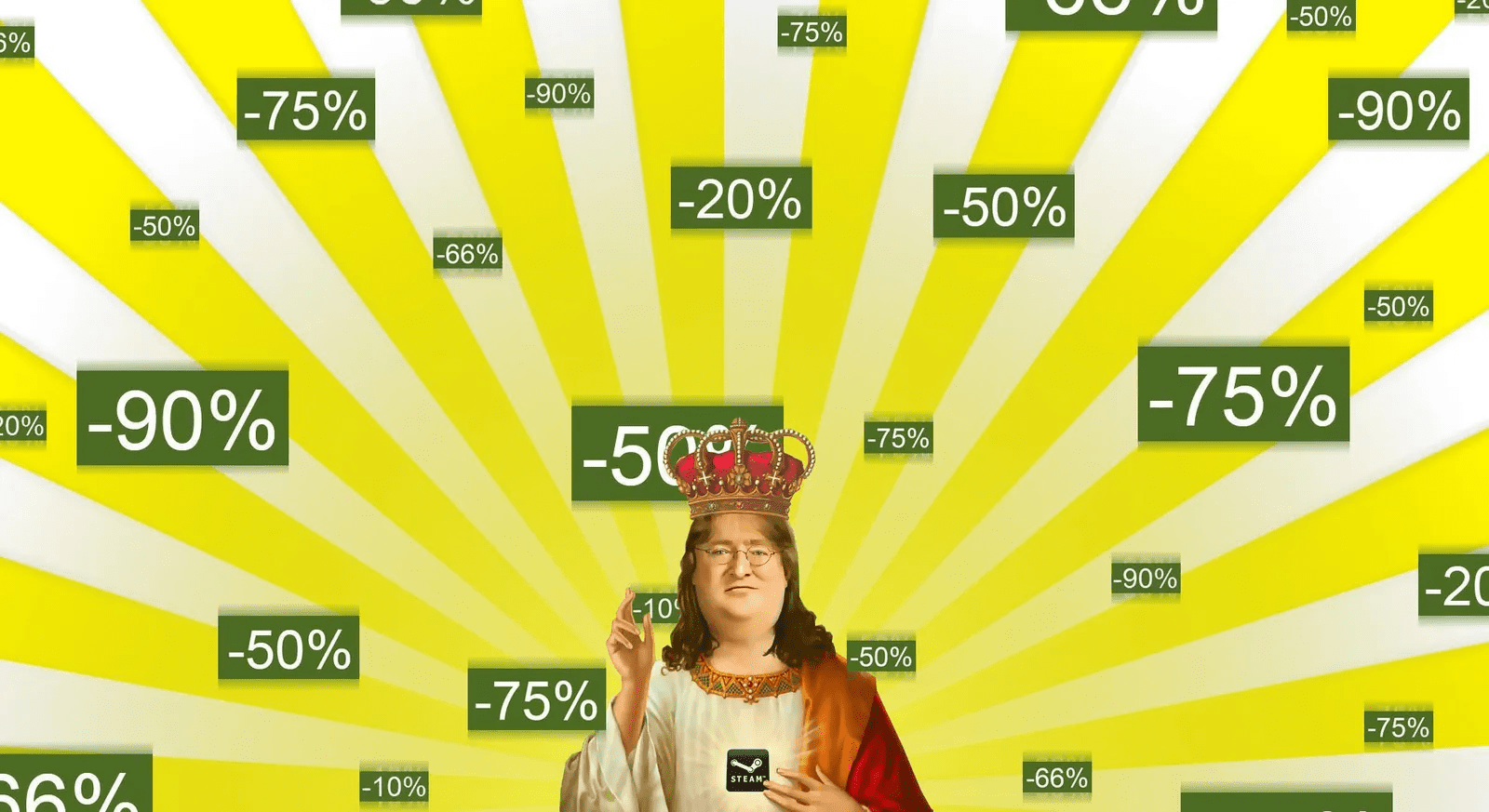Every year, the Steam Summer Sale is considered the “big harvest season” for gamers worldwide – a time when a plethora of blockbuster titles become available at prices that are often lower than a quick snack.
In recent years, this sale has increasingly become less enticing, despite the theoretical presence of hundreds of games being deeply discounted.

The underlying reasons for this situation stem from changes in game valuation and the promotional strategies of publishers.
While many blockbuster games used to see discounts of 70–90% in previous years, this year, the reduction rates have only fluctuated between 10–30%. In fact, several well-known titles maintain their high price points, despite having been released many years ago. For instance, titles like Sekiro: Shadows Die Twice and Assassin’s Creed are only slightly discounted or “not deeply discounted,” even though they have appeared in previous sales. This situation leaves gamers feeling “sales fatigue” – a psychological effect that has been a hallmark of Steam’s branding for over a decade.

During the golden age of price reductions on Steam, players could easily take advantage of quality game bundles at prices comparable to a quick meal. Legendary titles like The Witcher 3, Portal 2, Bioshock Infinite, or GTA V frequently slashed their prices to levels that seemed unbelievable – often just a few dollars. The feeling of “buying is a loss,” “games are cheap now,” was once the driving force behind millions of players jumping at the chance to grab deals. However, this year, the Steam Summer Sale seems to have lost a significant portion of its allure. With game prices continuously climbing – especially as base prices are now trending towards $70–80 for new releases – a mere 10–20% discount fails to create a compelling incentive. Players are showing a tendency to hold onto their wallets, buying only when absolutely necessary, rather than indulging in “just for fun” purchases as they used to.

It is also important to recognize that, in the current gaming landscape, promotional strategies have become less competitive than before. With major publishers increasingly controlling pricing and adopting seasonal content releases, game-as-a-service models, and battle passes, discounts are perceived as “norms,” aimed more at maintaining revenue than stimulating strong sales. This creates a paradox: players are reluctant to spend on discounted games, while publishers are left struggling with the impact on brand value and long-term profitability. The result is that sales events tend to feel stale, lacking memorable points, and consumers lose trust in the idea of “waiting for sales” as a viable form of entertainment.




















